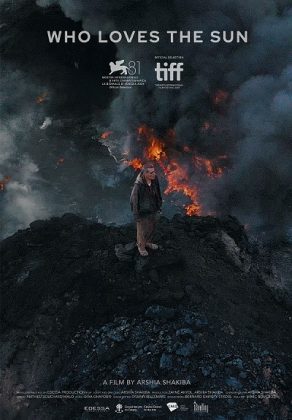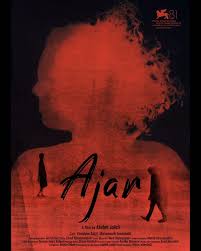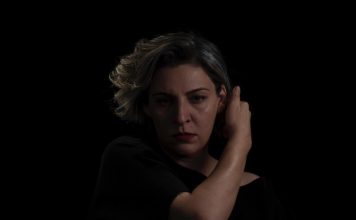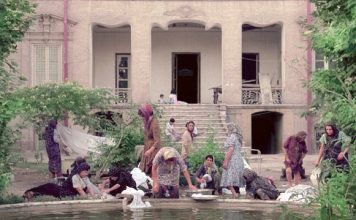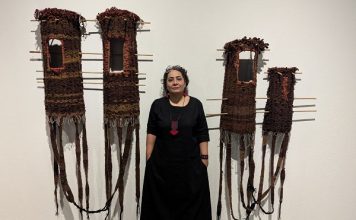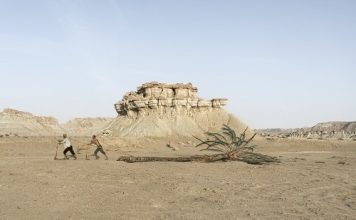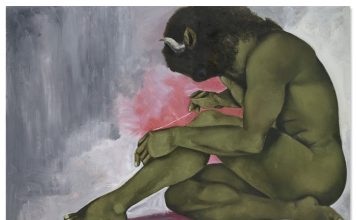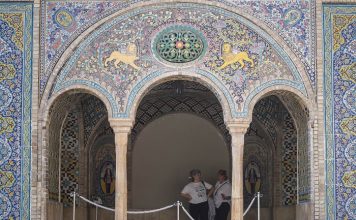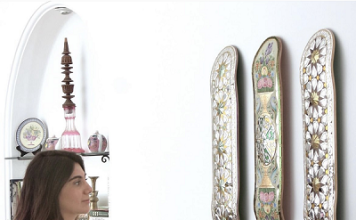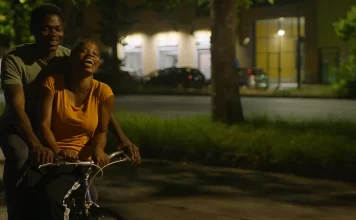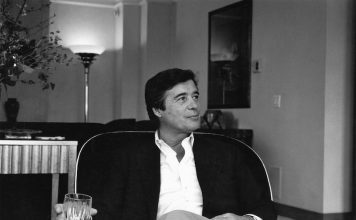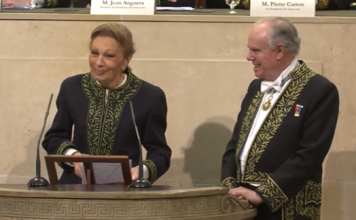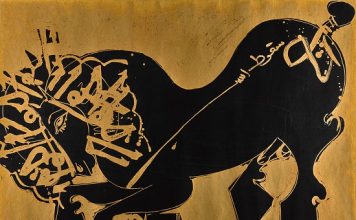By Ahmad Rafat
The 81st Venice Film Festival, the world’s oldest film festival, will open on Aug. 28 on Lido Island. This year’s event will showcase 188 films — including feature-length and short formats, fiction, and documentary genres — representing 85 countries.
The selection committee this year reviewed a staggering 4,138 submissions.
No works by Iranian filmmakers are in the main section of the festival, and the Islamic Republic’s state cinema has not made it into the main competition of the Venice Film Festival this year.
However, Iranian director Nader Saeivar’s film “Witness” will be screened in the Orizzonti Extra (Horizons Extra) section, another competitive festival category.
The Horizon Short Films Competition will feature “Ajar,” a film by Iranian director Atefeh Jalali, alongside Arshia Shakiba’s documentary “Who Loves the Sun.”
Iranian filmmaker Ali Asgari serves as a jury member in the Horizon section, chaired by American director Debra Granik. Asgari attended the Venice Film Festival in 2017 with his debut feature film, “Disappearance.” He was also at the Berlin Film Festival 2022 with his movie “Until Tomorrow.”
Asgari’s third feature, “Terrestrial Verses,” was showcased at the 2023 Cannes Film Festival. Following its release, Iranian authorities imposed a travel ban on Asgari upon his return from France.
Saeivar’s “Witness,” a joint German-Austrian production, is another film shot in Iran and features Maryam Bobani, Hana Kamkar, and Ghazal Shojaei. Notably, the film does not comply with the obligatory constraints imposed by the Islamic Republic, such as the requirement for female actors to wear hijabs.
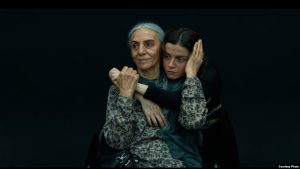
While this film’s narrative does not directly address the 2022 nationwide unrest in Iran, it has a connection to the widely recognized ‘Woman, Life, Freedom’ movement.
Over the past two years, Iranian cinema and its actresses have fallen into two groups: those who refuse to take on roles that comply with restrictions, and those who avoid independent films that do not conform to censorship rules.
Saeivar’s “Witness” is his third feature film. He has previously showcased his works “The Alien” and “No End” at international film festivals. None of Saeivar’s earlier films have been released in Iran.
His collaboration with Iranian filmmaker Jafar Panahi (currently under a travel ban) may contribute to the Islamic Republic’s antagonism towards him. In 2018, Saeivar won the best screenplay award at the Cannes Film Festival for co-writing “Three Faces” with Panahi. Panahi’s name also appears in the end credits of “Witness.”
While “Witness” does not center on the mass protests of 2022, its narrative unfolds within the context of that period. The film tells the story of a retired schoolteacher who witnesses the murder of one of her former students. Initially paralyzed by fear because of the unique circumstances of the killer, she ultimately finds the courage to speak out and reveal his identity.
In contrast to Saeivar’s earlier films, where characters appear passive and timid, “Witness” features a protagonist who actively responds to her situation, a change significantly influenced by the emergence of the ‘Woman, Life, Freedom’ movement.
In this context, Saeivar said: “My feelings of helplessness in witnessing children getting shot in the streets compelled me to create a film, as that is at least something that I can do.”
“In this movie, the protagonist ultimately seeks to act in pursuit of justice. From this perspective, the three films I have created reflect my experiences over the past decade in a society characterized by significant fluctuations,” Saeivar explained.
“Transitioning from a state of observation, confusion, oppression, fear, and uncertainty to one of tangible action has been a challenging journey many of us have navigated over the last ten years,” Saeivar added.
Atefeh Jalali’s 12-minute film “Ajar” will be featured in the Horizon Short Films Competition. The narrative revolves around Behnam, a married man who is having a secret affair with Samira, his wife’s friend. However, an unexpected event during one weekend alters everything for Samira.
Iranian-Canadian director Arshiya Shakiba’s documentary “Who Loves the Sun” has been selected for the Horizons section. Shot in Syria, the film depicts life amidst the remnants of war.
In the film’s introduction, Shakiba states: “This documentary examines the enduring effects of war on the Syrian population and their living environment. In these areas, I witnessed and heard stories filled with hope; individuals have triumphed over challenges and are striving to address their shared issues. They show how life continues in the face of immense tragedy and how to navigate through hardships.”
Shahab Fotouhi’s debut feature film, “Boomerang,” is included in The Giornate Degli Autori (previously known as Venice Days,) an independently organized segment of the Venice Film Festival. Fotouhi studied art at the Stadelschule, the State Academy of Fine Arts in Frankfurt.
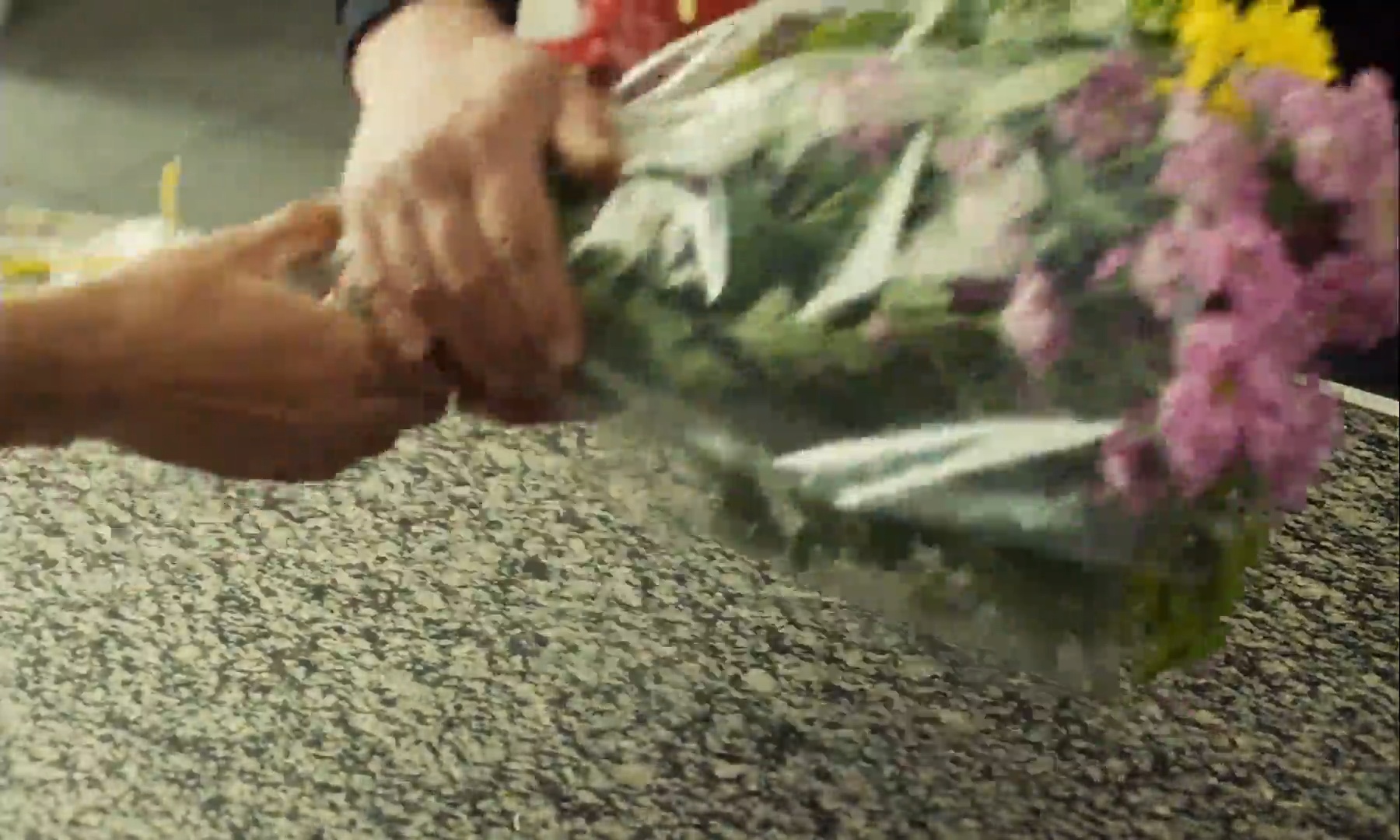
The film’s narrative centers on Sima, who feels weary of living with her husband, Behzad. Unbeknown to Behzad, who hopes to mend the marriage, Sima seeks a new home for herself and her teenage daughter, Minou. Meanwhile, Minou unexpectedly encounters Keyvan at a traffic light and begins a romantic relationship with him.
The film depicts a sociological snapshot of contemporary Tehran over a week. It contrasts the unraveling of the marriage of two individuals from what seems to be a defeated and hopeless generation with the love story of two young people who are just starting and are exploring the city and its political realities from a fresh perspective.
Milad Tangshir is an Iranian filmmaker living in Italy. His debut feature film, “Anywhere Anytime,” will premiere in the independent competitive section of the International Critics’ Week (SIC). Before his filmmaking career, Tangshir led the Iranian rock music group Ahoora.
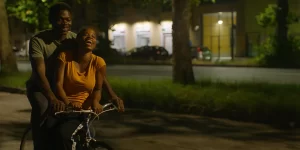
The film, which runs for 82 minutes, tells the story of a young illegal African immigrant striving to establish a new life in the industrial city of Turin. The protagonist, Issa, faces challenges when fired from his job.
With the help of his friend, Issa secures employment as a courier. However, after his bicycle, which he got with considerable effort, is stolen, he must find an alternative means of survival.
Several renowned directors are competing for the top awards in this year’s festival, which will conclude on Sept. 7 with the presentation of the Golden and Silver Lions and other accolades.
Notable figures include Spain’s Pedro Almodovar, Israel’s Amos Gitai, Tim Burton, and Jon Watts from America, as well as Chile’s Pablo Larraín, Japan’s Takeshi Kitano, France’s Claude Lelouch, and Italy’s Marco Bellocchio, Francesca Comencini, and Gianni Amelio.
Seven directors attending the event in Venice have previously won an Oscar, while nine have been honored with the Golden or Silver Lion at Venice in earlier years.
Among the renowned actors who will walk the red carpet at the Palazzo del Cinema in this city are Nicole Kidman, George Clooney, Brad Pitt, Angelina Jolie, and Antonio Banderas. The “Career Golden Lion” will be presented to Australian director and screenwriter Peter Weir and American actress Sigourney Weaver this year.
Marjane Satrapi, an Iranian-French graphic novelist, cartoonist, illustrator, film director, and author of children’s books, will be honored on Sept. 3 with the “Le vie dell’immagine” award for visual arts by the Nuova Accademia di Belle Arti (NABA).

